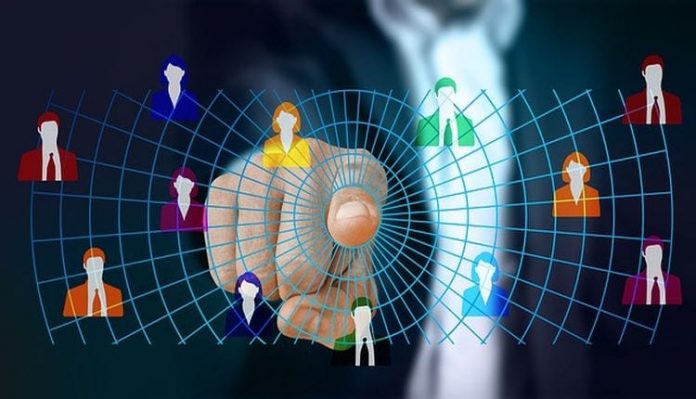By Vivin George, AVP & Head – Offerings & Solutions, Digital Workplace Services, Infosys
The workplaces of the future will require a human-centered strategy that makes the best use of employees’ talents and encourages them to be creative. Today most workplaces rank poorly in terms of efficient processes, easy access to information, or individualized experiences. Employers must harness AI to support the needs of every employee. Fortunately, the growth and democratisation of generative AI capabilities has made it possible to humanize the workplace. Artificial intelligence is evolving to bring new digital capabilities to enterprises that will make them self-sustaining in a way that they will have the ability to interact with humans in a natural and cognitive manner without any intervention from people.
Organisations can create humanized workplaces by focusing on providing employee-focused digital experiences, boosting productivity by letting AI take over menial tasks, humanising knowledge acquisition and management, and, most importantly, focusing on the wellbeing and growth of people.
Humanizing digital experiences
Information digitization rather than user experiences has been the current focus of digitalization. Thus companies implement multiple apps for work requiring employees to spend roughly 9% of their time navigating several apps at a time. To make the digital experience more human-centric, organizations must create workplaces that focus on delivering personalized, unified experiences across channels driven by work requirements, user needs, and outcomes desired. It must provide security and act as a digital assistant.
Machine learning (ML) and deep learning algorithms can be used to analyse user data, including behaviour patterns, to provide personalized recommendations. Reinforcement learning that learns from user interactions and adapts to their preferences over time can enhance user experience. Generative AI can be used to create new content or generate personalized responses.
Humanize Knowledge Acquisition and Management
IDC found employees spend an average of 1.8 hours per day searching for information they need to do their jobs. With vast information available in silos in various formats and on different channels, finding relevant information is challenging. Traditional keyword-based search tools can be limiting. Even if the information is found, often employees find it is not in context.
To overcome these challenges, organizations can implement effective AI-powered tools for content discovery and aggregation, automate knowledge creation, enhance search accuracy and relevance, and streamline knowledge management and collaboration within the organization.
Organization can use ML, natural language processing (NLP), and graph theory to identify trends and extract information from unstructured data sources, in addition, they can leverage chatbots and virtual assistants to provide contextual information. AI algorithms can be used to analyse search queries and suggest alternatives.
Humanizing everyday Work
Adopting cutting-edge technology is undeniably a driving force in promoting workforce mobility and productivity. A study by PwC found that AI-powered tools can automate up to 45% of manual tasks, freeing up employees to focus on higher-value or creative work. AI can streamline service experience through automated responses, support us in reviewing and summarizing content, or enhance collaboration through features such as video quality improvement or speaker note generation.
AI capabilities such as Robotic Process Automation (RPA), NLP, language models, and ML can enhance productivity, enable faster decision-making, and reduce the workload of employees. AI cognitive services like speech, search, and vision can assist in creating user-friendly hands-free access to information, actions, and services.
Humanizing wellness & growth
Today’s workforce prefers work-life balance over high compensation. Organisations can encourage workplace mobility to create a more engaged workforce, attract and retain top talent, and foster innovation. The primary motivator for workplace mobility is encouraging employees to work across departments for learning new skills and broadening their knowledge base. Organisations should also prioritise diversity, equity, and inclusion to promote an all-inclusive environment.
With hybrid work becoming a norm, AI has been playing a pivotal role to ensure individual team wellness and growth through personalized wellness such as regular nudges on wellness breaks during work and other wellness suggestions. AI offers self-improvement ideas related to communication, team collaboration, social skills, and other areas of emotional intelligence. AI-based tools can recommend personalized learning for individuals and teams based on their strengths and areas of growth. Lastly, it can improve diversity and reduce bias while communicating, hiring or, performance management.
Adaptive learning leveraging ML, recommender systems, NLP, sentiment analysis, adversarial debiasing, and attention mechanisms-based AI techniques are key capabilities that help in wellness and growth.
To conclude, it is important to recognise that working from home, or in an office, or remotely, using cloud-based productivity tools is not the future of work. Organizations should prioritize a human-centric digital workplace to reap the benefits of increased productivity, innovation, and employee satisfaction. However, to fully realize these benefits, organizations must be intentional about how they implement AI in the workplace.










